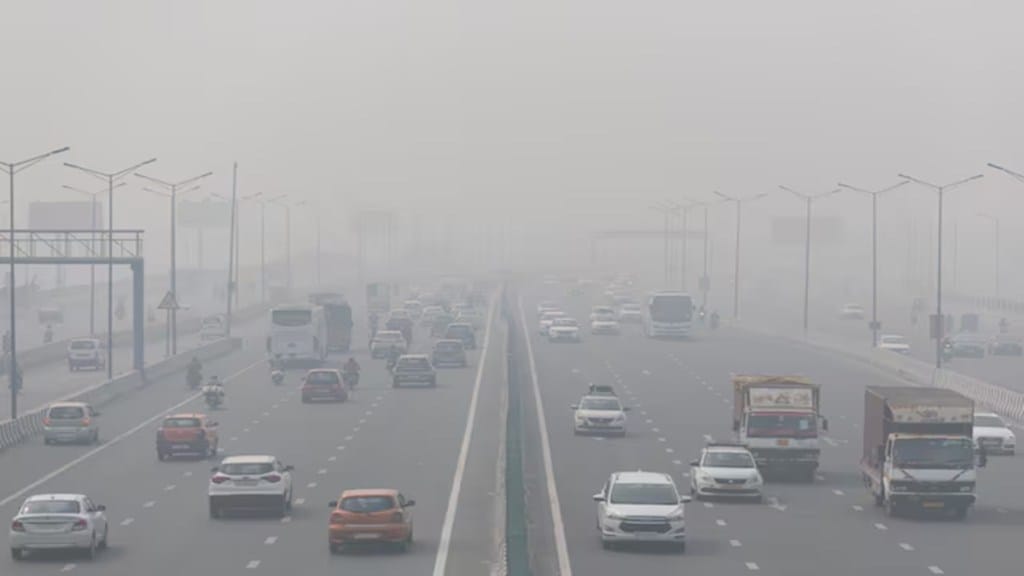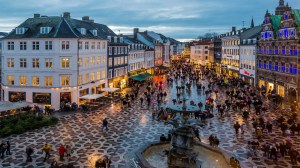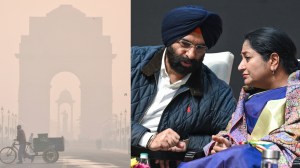With the capital city still in a growing pollution crisis, worsened by its deteriorating air quality, demand for CNG and BS-6 vehicles has witnessed a sharp rise, especially with the wedding season at its peak. The demand saw this jump after the Central Pollution Control Board enforced Stage IV of the Graded Response Action Plan (GRAP) on Monday – with a view to curtailing pollution from the older, heavier polluting diesel vehicles. The measures, which kicked in after the Air Quality Index (AQI) in Delhi entered the ‘severe’ category, have caused significant disruptions for businesses relying on vehicle fleets.
Stage IV of GRAP bars BS-3 and BS-4 diesel vehicles from plying in Delhi to reduce emission by older models. This has thrown a spanner in the travel plans, especially for wedding-related services. For, many vehicles that have been pre-booked for weddings are now barred from operation due to lack of conformity with the pollution norms.
“We’re facing huge challenges,” said Sewak Tuar, owner of a travel agency. “Many vehicles were booked months in advance, but now, with the sudden ban, we’re scrambling to find compliant vehicles, particularly for weddings and other large events.”
The wedding season, which requires multiple vehicles for long-distance travel, has intensified the issue. To facilitate many bookings of weddings, the travel agencies need up to 15 vehicles for several days and have been facing a logistical headache in providing these vehicles with the required standards.
Another travel agency owner, Aryan Sinha, said that long-distance wedding trips have been the most affected by the restrictions, wherein clients are required to have vehicles going all the way to Manali, Mussoorie, and Rishikesh. “For groups, the demand for CNG buses and BS-6 vehicles has increased, especially newer models from 2020 onwards,” he said.
Weddings apart, regular tourism too is not immune to the drastic effects of worsening air quality, as more families are now opting for hill stations as their vacation spots. Travel agency Kusha Travels reported increased bookings for trips to places like Manali, Mussoorie, and Shimla, as families opt for cleaner air in hills. “We are seeing around three to four families booking tours on a daily basis,” said Dharamveer Singh of Kusha Travels. “These usually take about three to four days, hence increasing the requirements for vehicles.”
The measures have also been a strain on the finances of travel agencies. Most of these rely on older diesel vehicles that are now being taken off roads. Tied to this is the need to rent newer, compliant vehicles, says another agency owner, Rajesh Kumar. Operating costs of many businesses have thereby gone high, as disruption and losses result. “Wedding bookings often involve large groups, and now, we have to rent additional vehicles or upgrade our fleet to meet the regulations. It’s been costly and disruptive,” Rajesh Kumar said.
The pollution crisis is far from over. Delhi’s AQI remained in the ‘severe’ range for several days, crossing 450 on Monday and Tuesday. While the air quality showed slight improvement by Wednesday, it remains a significant concern, especially with schools now closed and families looking to leave the city for cleaner destinations.
The GRAP measures, which categorize air quality from “poor” to “severe-plus,” are designed to combat the city’s worsening pollution. However, as travel agencies and their clients scramble to adjust, the unintended consequences of these restrictions continue to disrupt the wedding season and tourism industry alike.
With inputs from PTI







